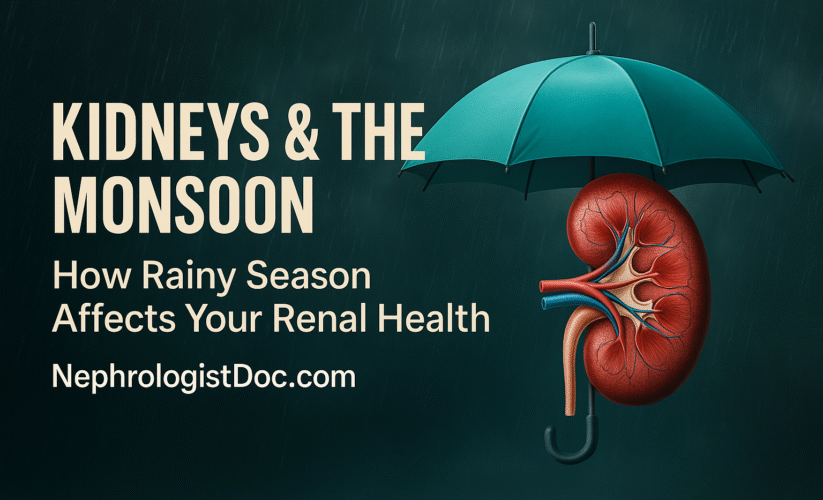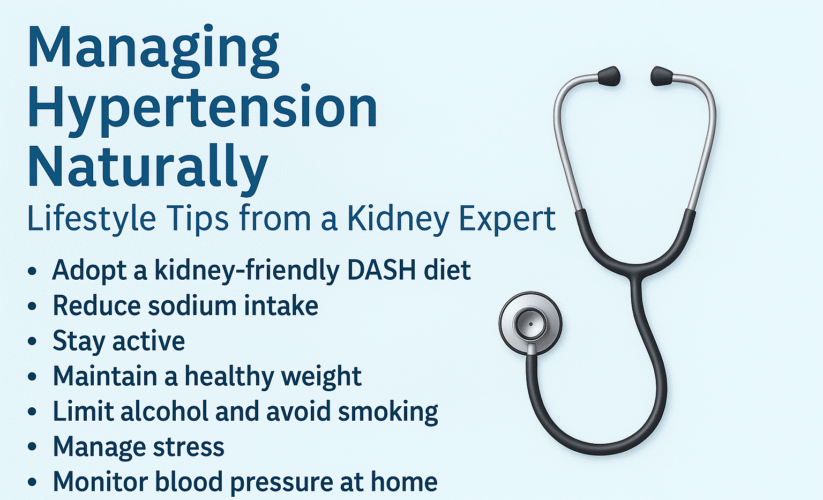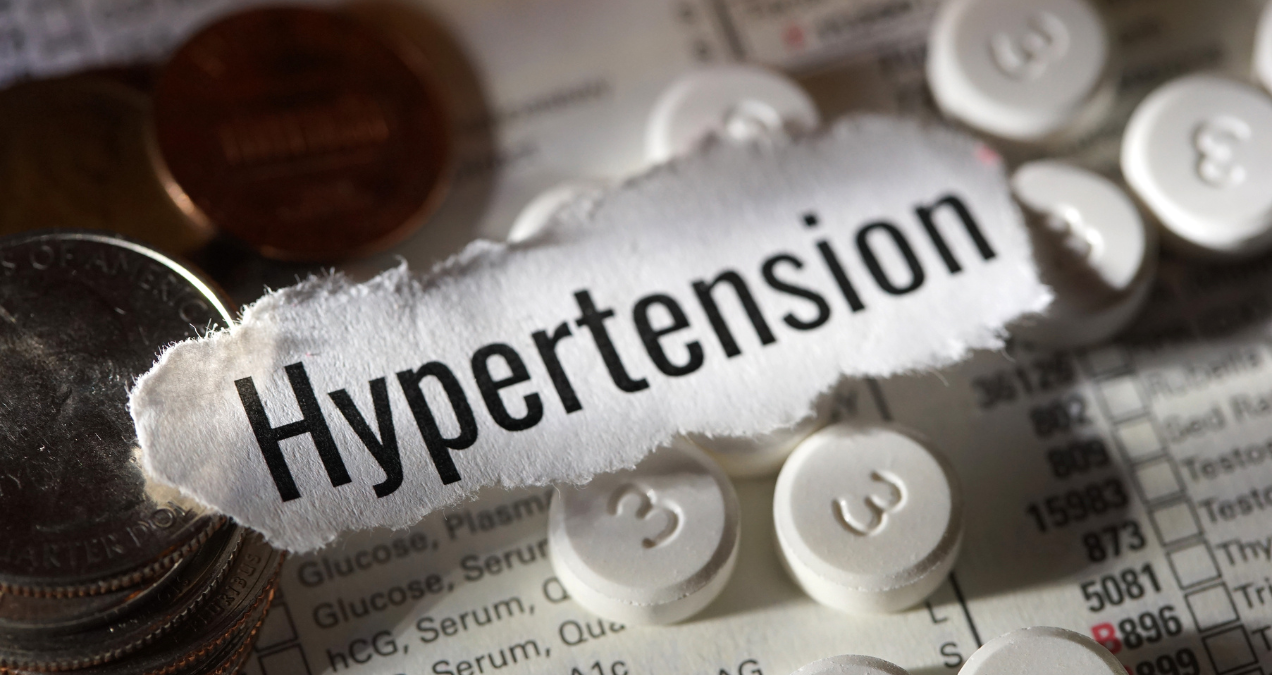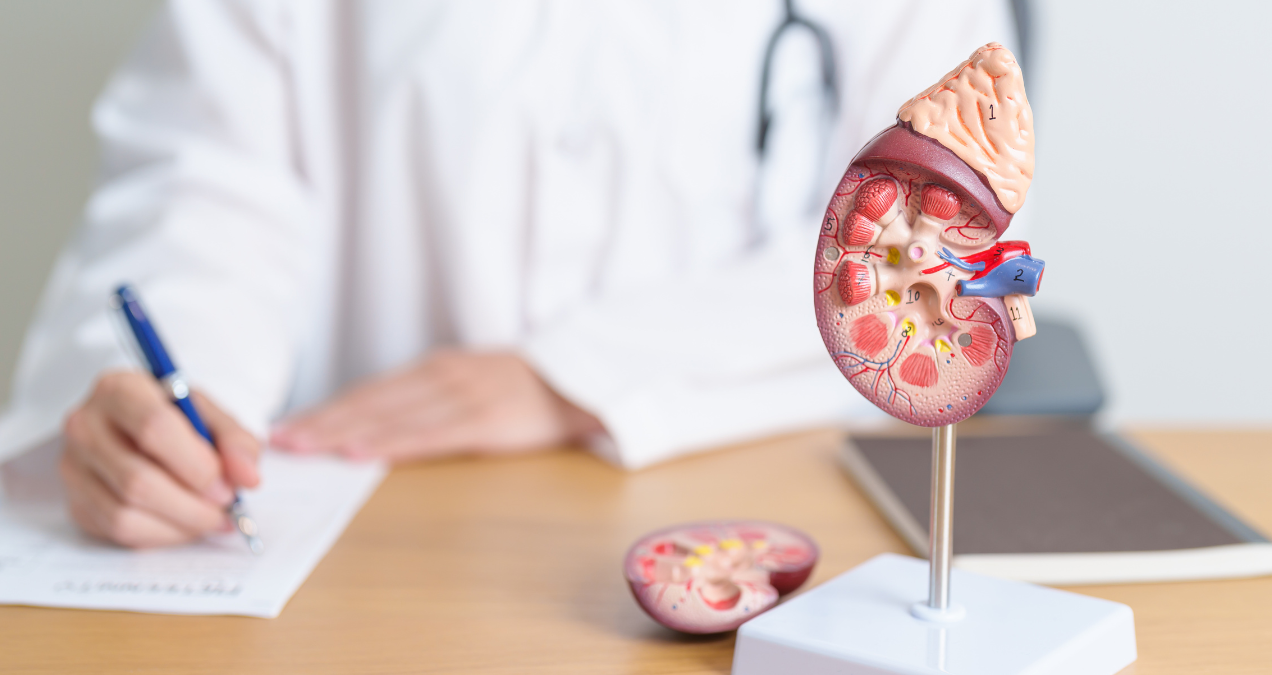The Silent Organ Failing Millions: Maybe Your Kidneys Are Next
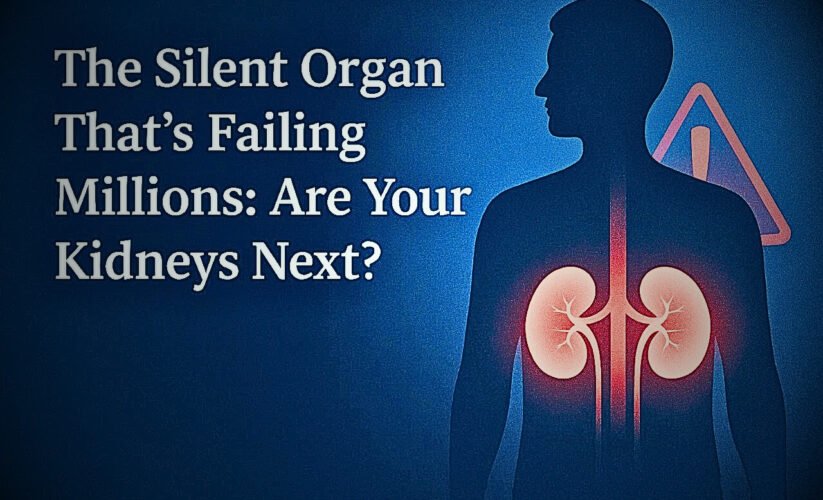
They don’t hurt.
They don’t complain.
Kidneys don’t cry for help or show obvious signs when they’re in trouble. They simply weaken — and once kidney failure occurs, the damage is usually irreversible.
Kidney disease is silently rising across the world. Most people don’t know they’re at risk until it’s too late and symptoms become glaringly obvious. In India, especially in fast-paced urban areas like Gurgaon, lifestyle diseases and ignorance about early warning signs are leading thousands toward dialysis and lifelong medication.
Why Kidney Problems Go Unnoticed
Your kidneys are truly powerful organs — each one filters about 50 gallons of blood a day and helps regulate blood pressure, electrolytes, and waste.
But here’s the problem: these organs rarely show symptoms when things start to go wrong.
In most cases, kidney issues are discovered during routine checkups or when complications arise — which is why the kidneys are often called the “silent killers.”
Things You Must Never Ignore
Many symptoms of kidney dysfunction begin as subtle changes, easily mistaken for other issues:
- Feeling tired all the time
- Swelling in the feet or ankles
- Difficulty concentrating
- Foamy or dark-colored urine
- Blood pressure that doesn’t respond to medication
Most people brush these off as signs of stress, dehydration, or aging. But they can also indicate kidney underperformance — or even early kidney failure.
The Role of High Blood Pressure and Diabetes
Two of the most common causes of kidney failure are high blood pressure and diabetes. When left uncontrolled, both conditions can damage the tiny blood vessels in the kidneys.
Sadly, these health issues are becoming more common — especially among young adults in India — due to poor diet, sedentary lifestyles, and unmanaged stress. If you suffer from either of these conditions, you’re already in a high-risk group, even if you feel healthy.
Lifestyle Habits That Harm Kidney Health
These everyday habits can be silently damaging your kidneys:
- Not drinking enough water: Dehydration concentrates toxins, placing stress on kidney function.
- High salt and processed food intake: These raise blood pressure and overwork the kidneys.
- Frequent use of painkillers: NSAIDs like ibuprofen can cause direct kidney damage.
- Skipping medical checkups: You can’t fix what you aren’t monitoring.
Even without visible symptoms, these lifestyle choices can gradually lead to Chronic Kidney Disease (CKD). And once the kidneys are damaged, they rarely recover fully.
The Price of Ignoring the Signs
Kidney treatments can be physically, emotionally, and financially overwhelming. Dialysis is time-consuming and draining. Kidney transplants are even more complex and expensive.
Prevention, however, is not only better — it’s essential.
That’s why more people today are actively seeking the best kidney specialist or nephrologist in Gurgaon for early screening, expert treatment, and long-term kidney care.
How to Protect Yourself — Starting Today
- Drink 2.5 to 3 liters of water daily (unless advised otherwise).
- Reduce intake of salt, soda, and processed foods.
- Monitor your blood pressure and blood sugar regularly.
- Never self-medicate with over-the-counter painkillers.
- Get a basic kidney function test done every year after age 30.
In Conclusion
Your kidneys ask for very little. But they give you everything — energy, balance, and life.
Ignoring them may not hurt today. But someday, you may wish you had paid attention sooner. If you’ve been feeling “off” or live with hypertension or diabetes, now is the time to take action.
Don’t wait. Listen to your body.
Protect your kidneys.

